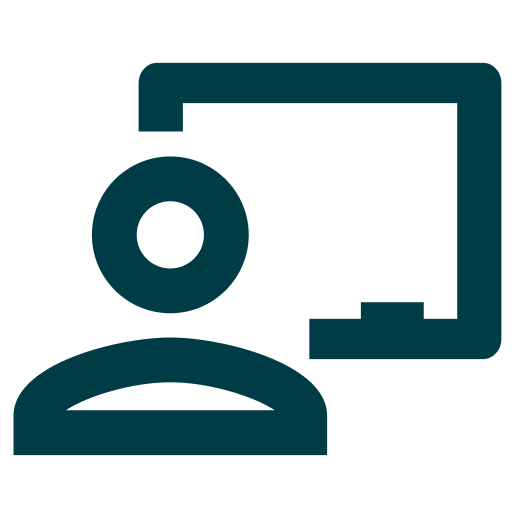You’d like to think that any student who does the work required to get into law school and pays tuition each semester would know better than to cheat. Nonetheless, it happens.
It’s cliché to say it, but it’s true: cheating hurts everyone.
Your students are far less likely to pass the bar exam if they try to skimp on studying and learning the concepts they need to.
Professors won’t get accurate assessment data on how their students are really doing if they cheat, which makes it difficult to provide them with the specific type of help and feedback they need to succeed.
The college risks losing both its accreditation and reputation if students routinely fail to learn the law well enough to pass the bar exam and find employment.
Not to mention that the future clients those students represent in court will be stuck with lawyers who don’t understand the job as well as they should.
It’s a domino effect. A little bit of dishonest laziness can have long-reaching effects.
You might not be able to eliminate all instances of dishonest behavior from your students, but you can certainly put measures into place that make cheating harder.
Implement computer-based testing.
Computer-based testing software is specially designed to reduce the possibilities for cheating. The student’s device is completely taken over by the exam, so they can’t access any other documents or notes they have on the device. They have to focus on the exam and the exam alone until they submit their answers.
Make sure it’s offline testing.
Offline testing both minimizes the likelihood of tech problems in an exam and increases the level of exam security. Taking everything offline assures that students can’t get around the security of the testing software. Law students are smart. If there’s a way to hack something, they can probably figure it out if so inclined. Keeping things offline makes that nearly impossible.
Have students leave personal items at the front of the room during exams.
Sneaking answers in on index cards stuck in a pocket or up a sleeve has largely been replaced with hiding answers on a smartphone and covertly pulling it out during the exam. Asking students to leave their belongings at the front of the classroom before the exam starts can cut down on these tactics. Keeping a close eye on them during the test itself can take care of the rest.
Pay attention to abrupt or strange inconsistencies in assessment data.
If a student has been doing poorly all semester and suddenly gets a perfect score on an exam, that can be an obvious sign to look more closely at the possibility of cheating. Assessment data can help you dig a little deeper to notice any inconsistencies in a student’s performance in particular subject areas and types of assignments.
Of course, you should be careful not to assume doing better always means a student’s cheating; sometimes the student could be putting in more effort or responding to your feedback, but the assessment data can guide you in which students to keep an eye on if something looks suspicious.
Cheating happens. Every professor wishes it didn’t, but we can expect that no matter how technology changes the way education looks in the years to come, cheating will continue to be a problem faculty must stay on top of. Professors can continually do their best to make cheating harder for students to pull off, and technology can make that part a little easier.



